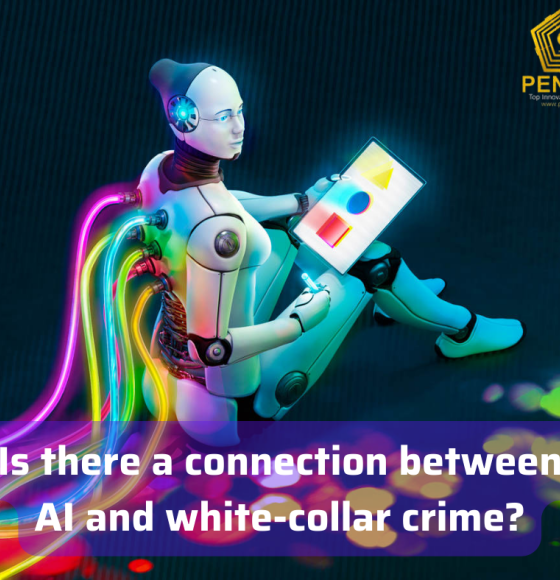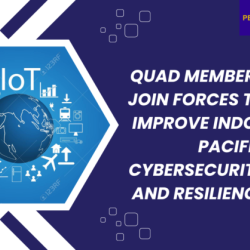Even though artificial intelligence (AI) has the potential to alter many industries, it must be carefully considered for how it can encourage white-collar crime. With the development of AI technology, white-collar crime—traditionally seen as non-violent actions perpetrated by those in positions of authority—has undergone a substantial transition.
The term “white-collar crime” refers to a broad spectrum of fraudulent actions taken by people or organizations in order to profit financially. With the development of technology, especially AI, criminals have discovered new ways to take advantage of weaknesses and commit complex crimes.
The convoluted link between fraud and AI
As a result of enabling real-time monitoring and analysis of massive volumes of data, AI technologies have completely transformed fraud detection systems. In order to tackle financial crimes including money laundering, insider trading, and identity theft, many authorities have used AI-powered technologies. Such tricks may result in identity theft, dishonest financial reporting, or unlawful access to private data.
AI technologies have the potential to facilitate more sophisticated attacks like spear-phishing, deep fake frauds, or advanced social engineering tactics, which could intensify cybercriminal activity.
Criminals can use AI algorithms to create convincing fake identities or realistic phishing emails that are difficult for traditional security measures to spot. For instance, two weeks ago, a man used AI to imitate President Recep Tayyip Erdogan’s voice in order to fool high-level government officials and select companies.
AI and morality
Artificial intelligence (AI) systems’ possible bias or misuse could result in erroneous allegations or convictions.
Legal systems and regulatory organizations face tough issues as a result of the quick development of AI technology. Current judicial systems might find it difficult to keep up with the growing character of white-collar crimes driven by AI. Because AI can adapt far more quickly than our legal institutions, this further blurs the distinctions between legality and ethics when dealing with it. Because international legal systems are much more complicated than national ones, they take longer to adopt complete regulations that keep up with technological advancements.
Furthermore, it is challenging to assign blame and hold people responsible for their acts because of the complexity of AI systems. AI may frequently make judgments on its own thanks to automation and, more critically, machine learning, which makes it challenging to identify errors.
AI algorithms in recruiting procedures or credit rating can reinforce prejudices and discrimination already in place. White collar criminals may also take advantage of these prejudices to acquire unfair advantages, such obtaining loans or job prospects based on falsified data.

















